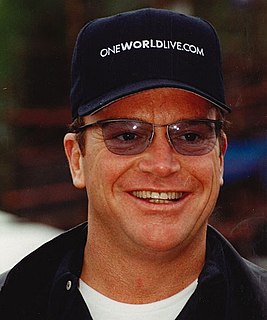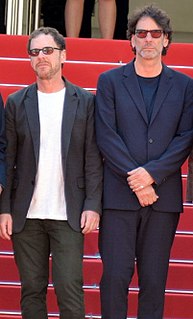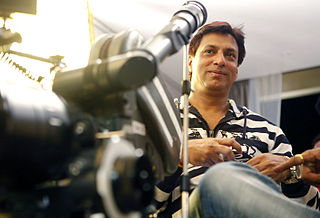A Quote by Tom Arnold
To the extent that movies get released, they are generally not big box-office generators. Hollywood is clearly focusing on their holiday releases coming up and those will either make or break the year.
Related Quotes
I'm very pessimistic about that, no matter how hard we may try. The Chinese market is huge, but out of last year's $2 billion box office, $1.8 billion was taken in by foreign movies, and just $200 million by our own movies, no matter how much we have learned of their techniques, or their good practices. The Hollywood movies imported into China are all good movies; does the U.S. make lousy movies? Yes, too many lousy movies, but the imports are good films, so how can they not be box office hits? They're all hits.
I would love nothing more than me and my family getting green cards, going to L.A. for a year, sitting down with the big Hollywood studios and coming up with the most advanced and awesome Internet distribution platform for movies. It would make Hollywood more money than cinemas, DVDs, and everything else combined.
I got to make 'Trishakti' with Arshad Warsi, who was a newcomer at that time. The movie took three years to complete and became dated by the time it was released. The movie did not even get a proper release and bombed at the box office. It was a very bad patch of my life and a big disaster for my career.


































